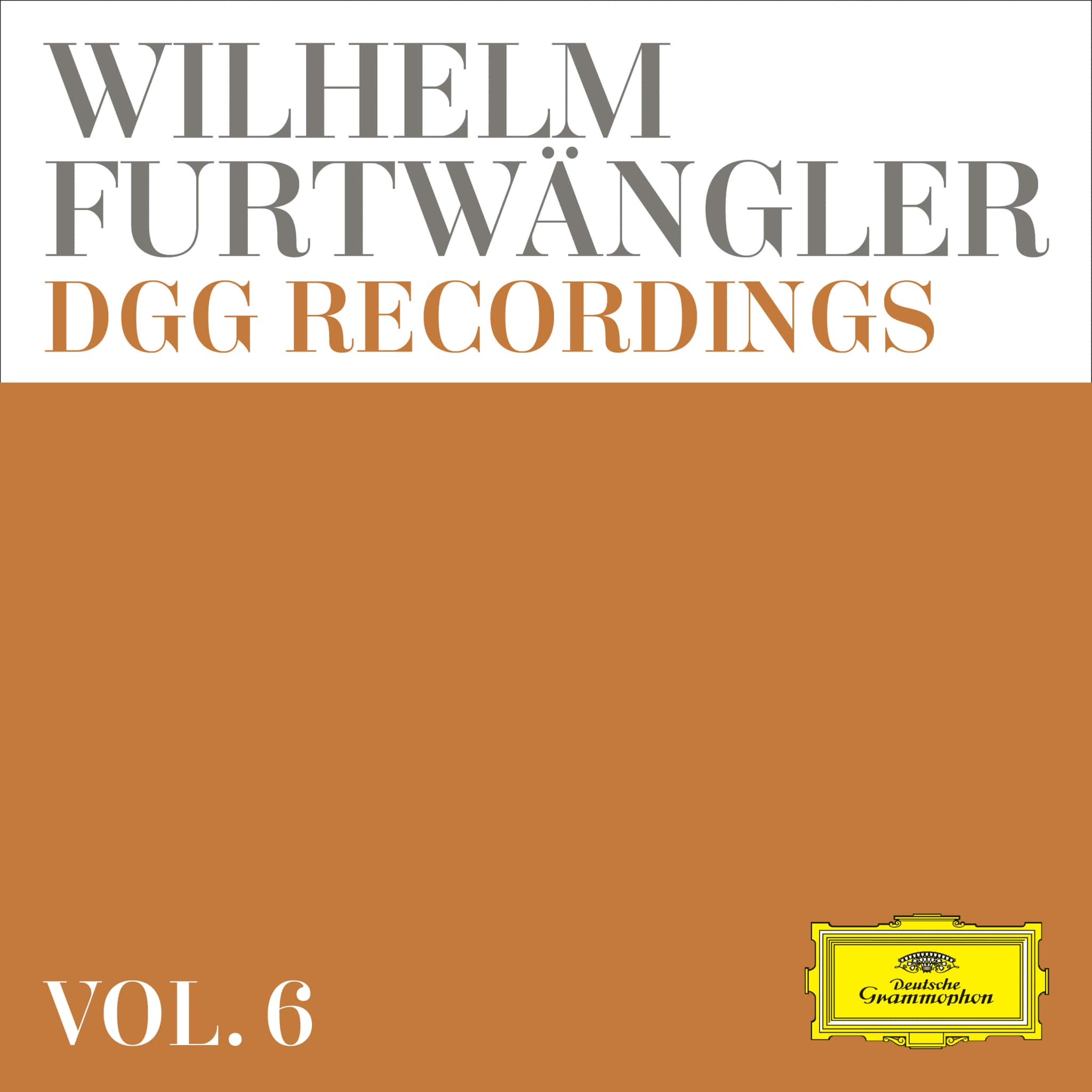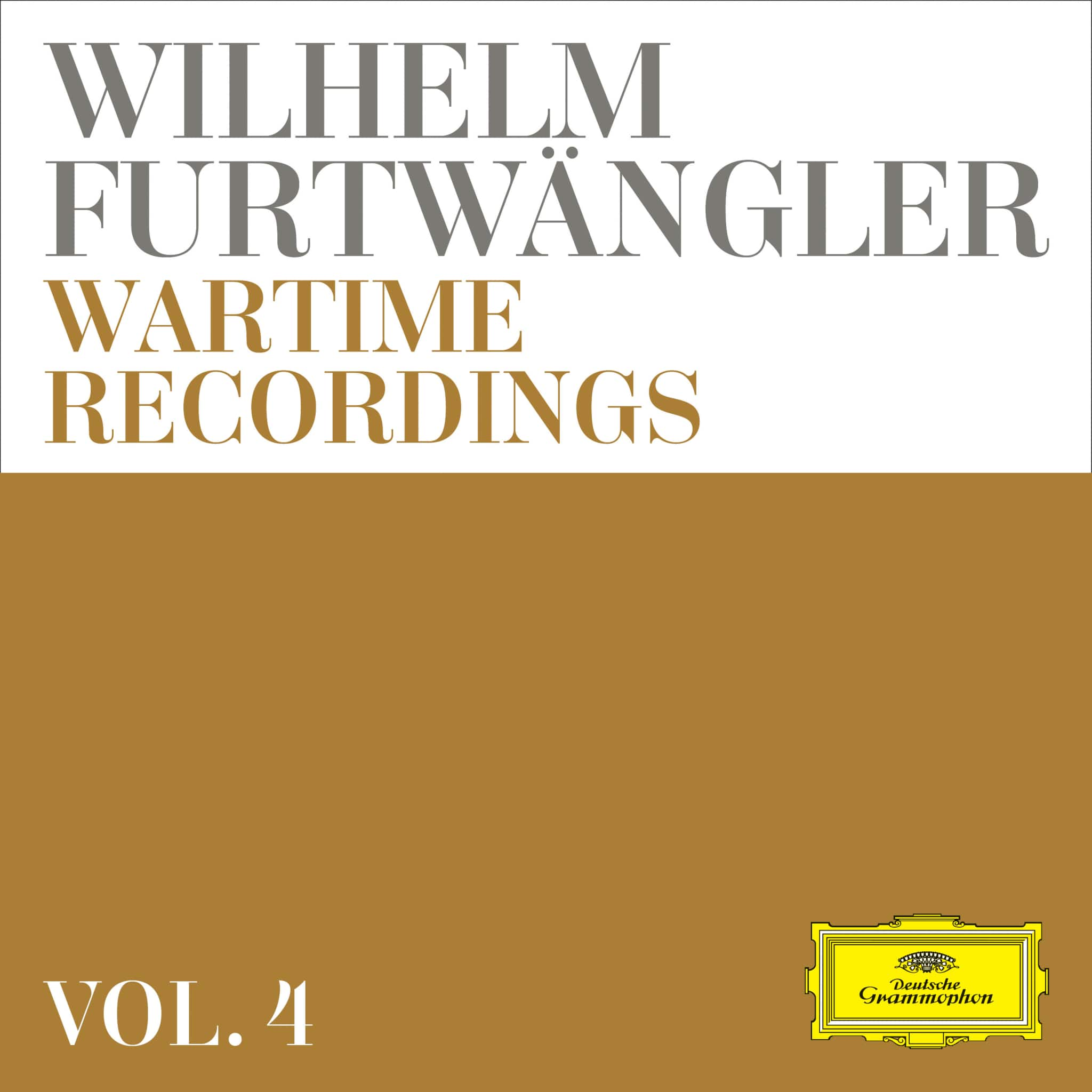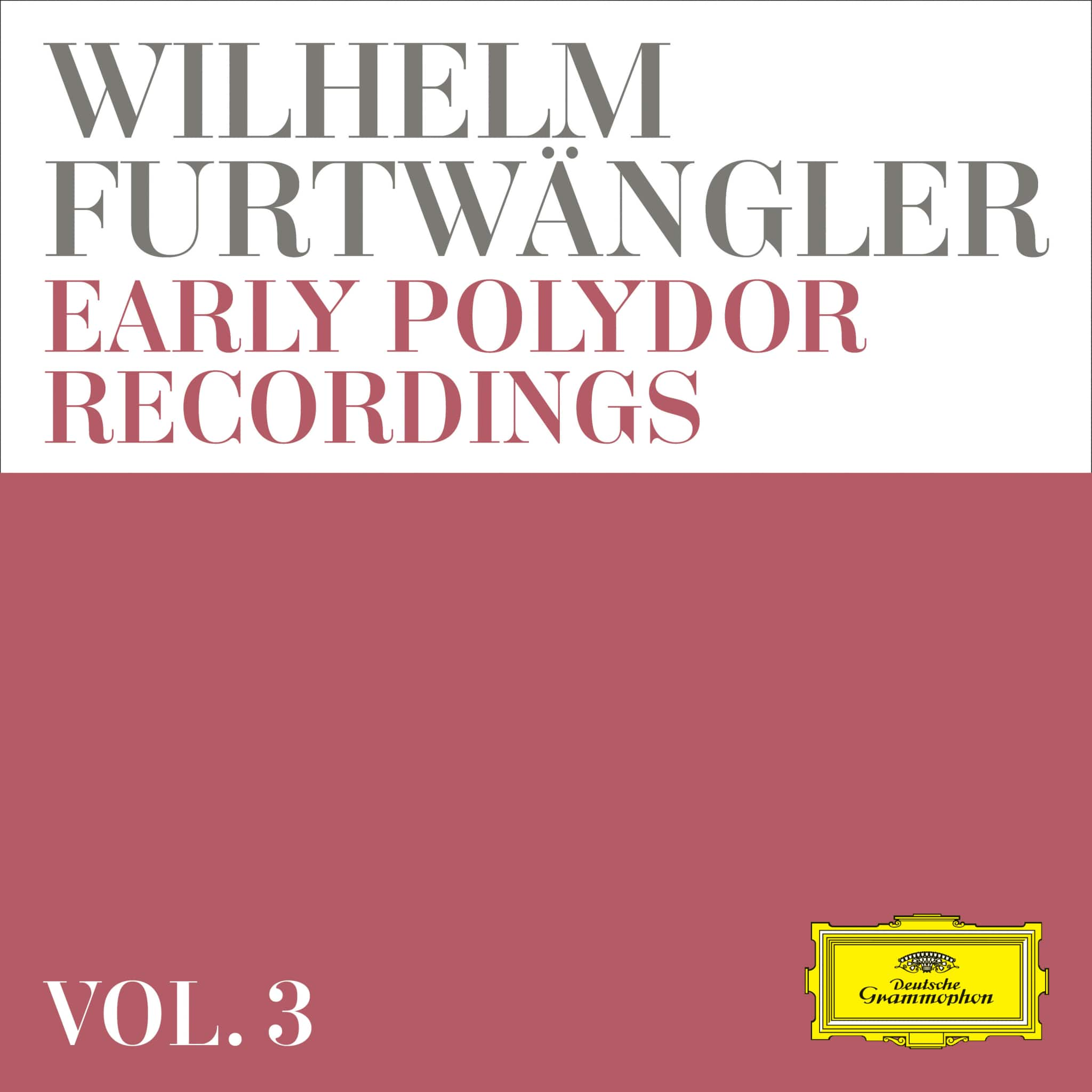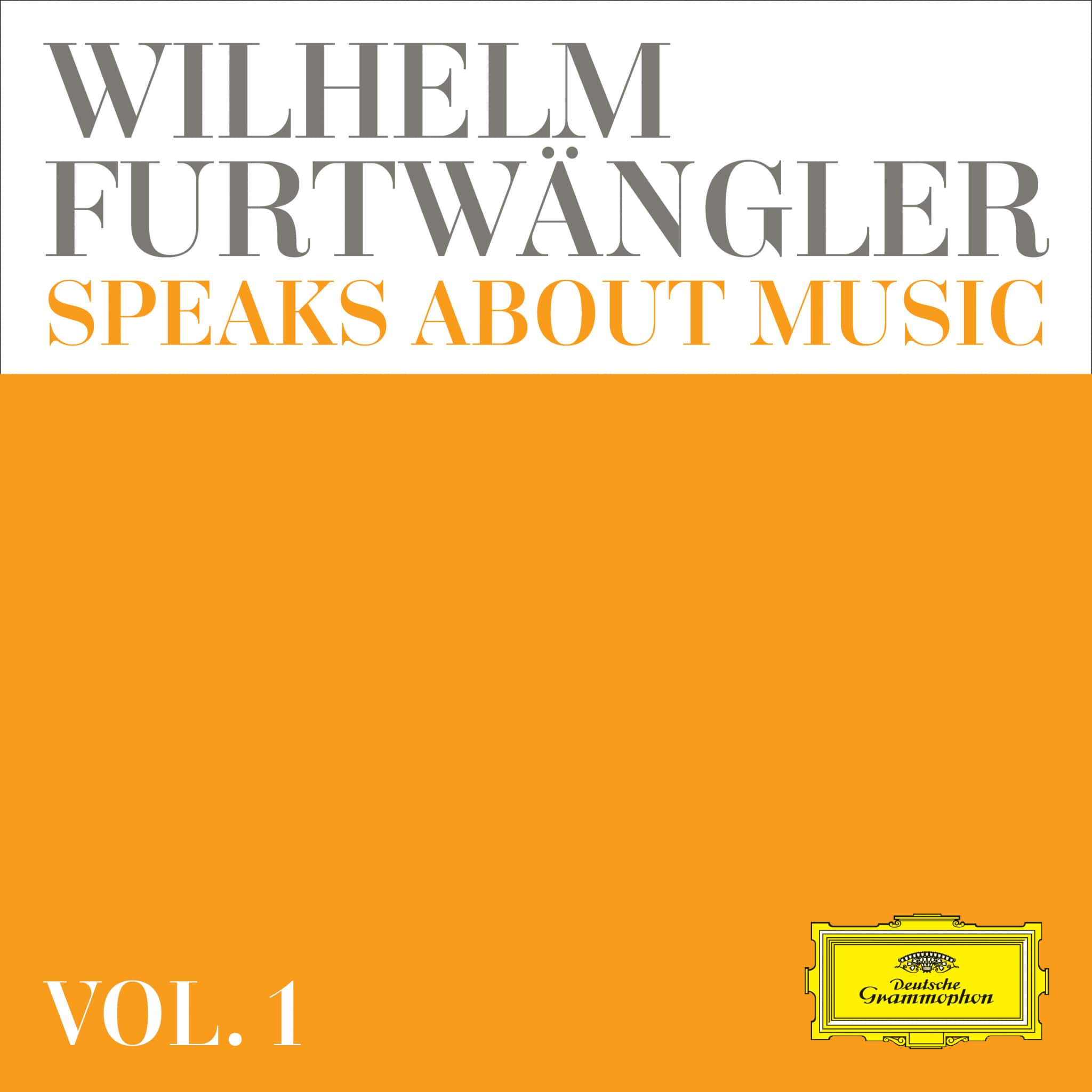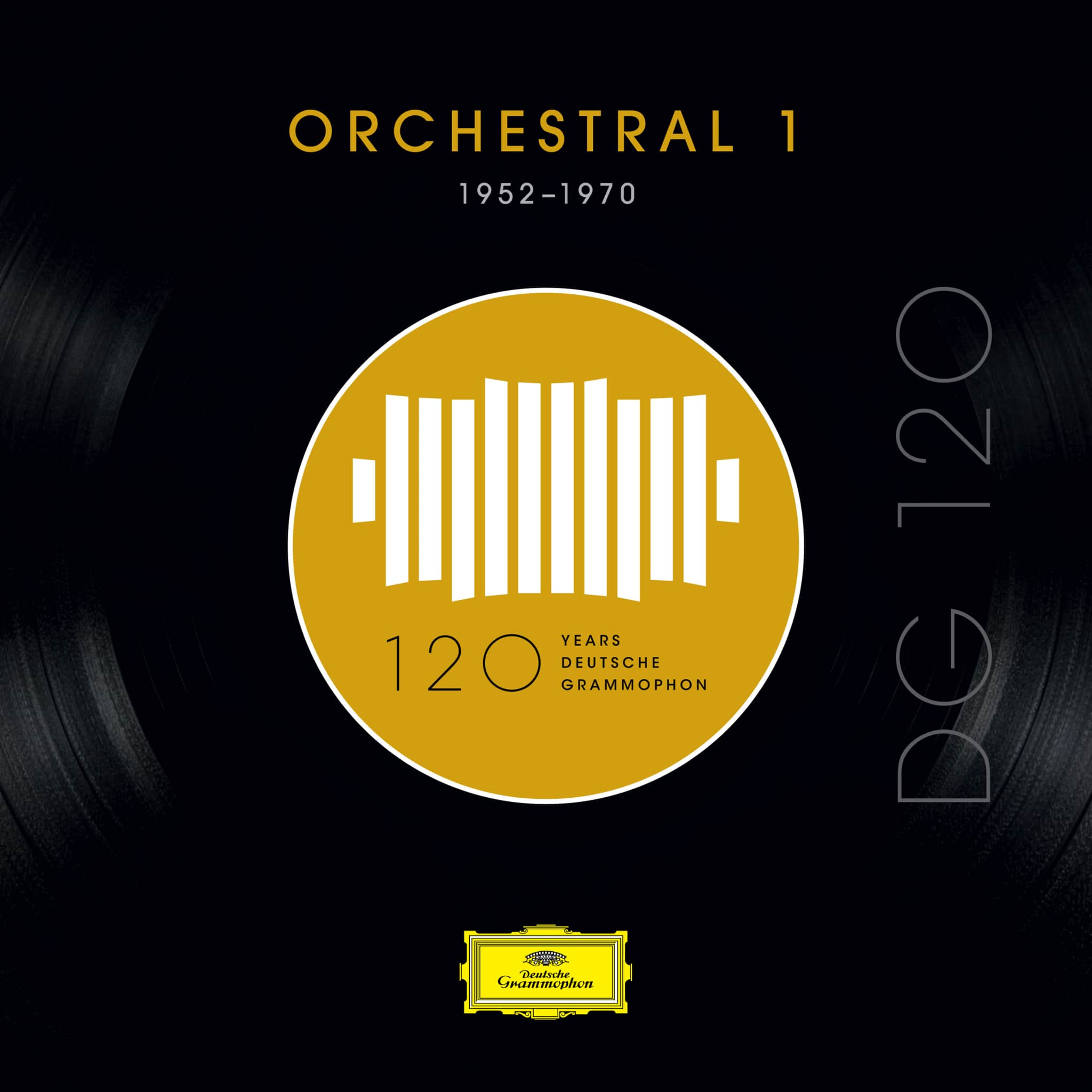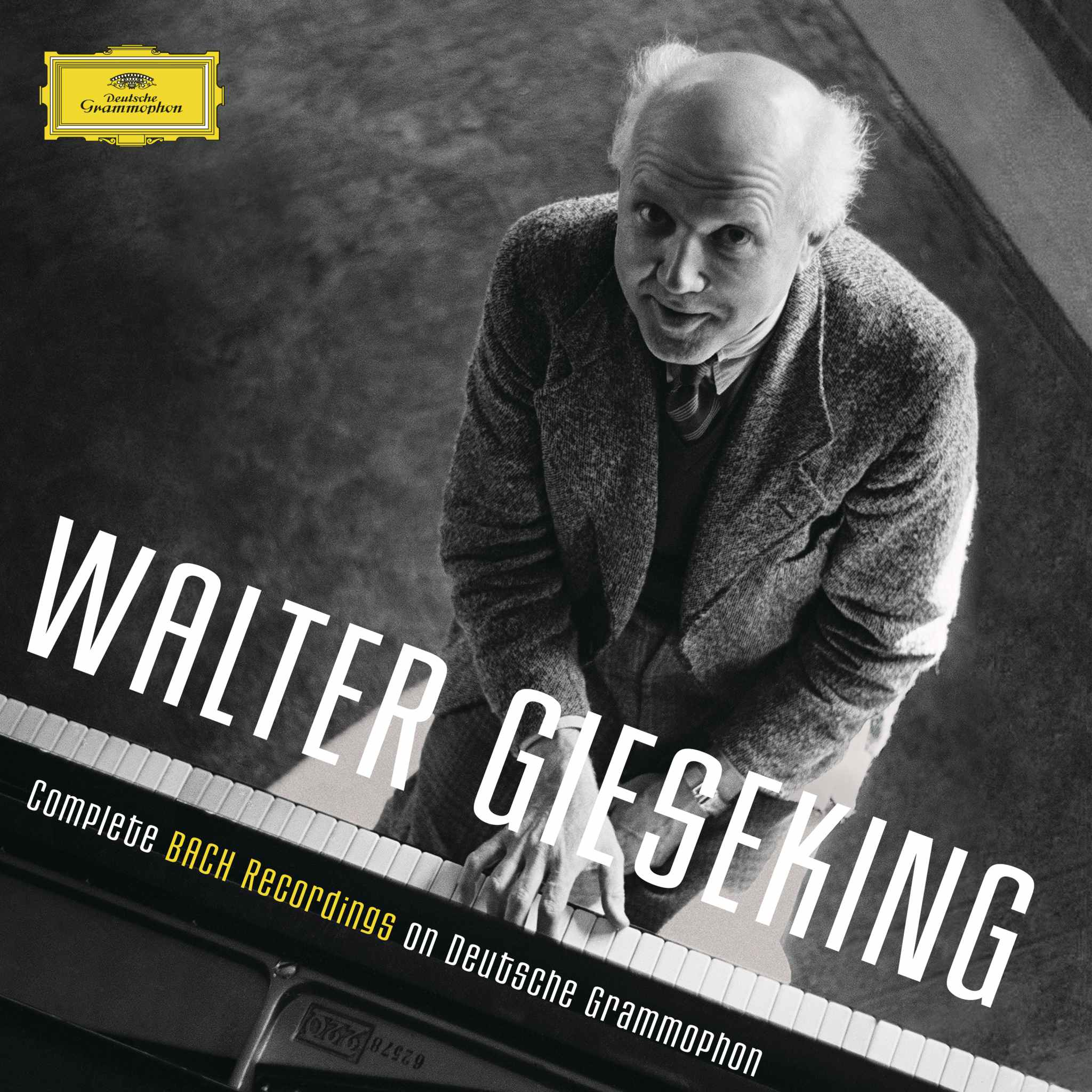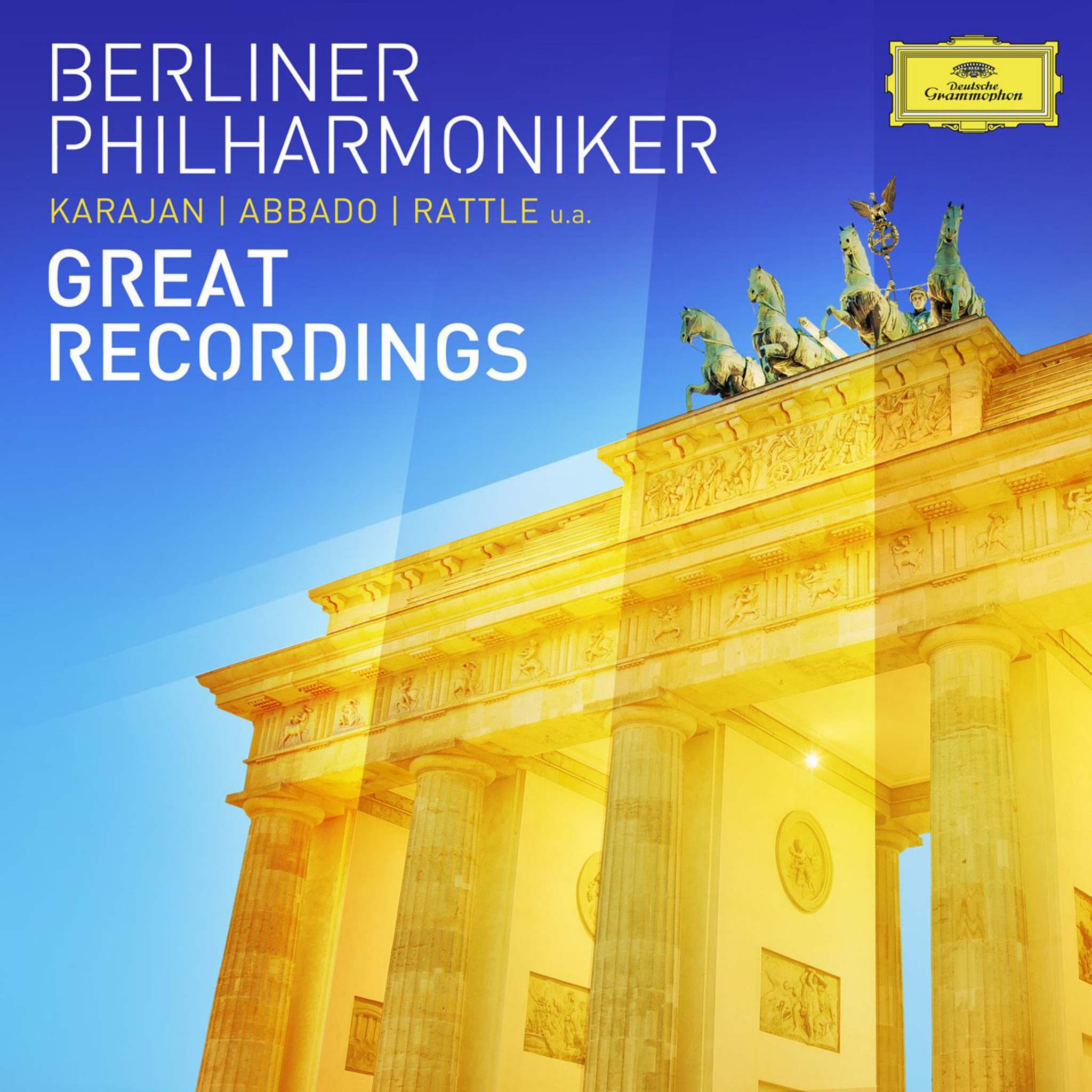Wilhelm Furtwängler's Contributions to 20th Century Music: Impact and Interpretation
Wilhelm Furtwängler (1886–1954) is revered as one of the greatest symphonic and operatic conductors of the 20th century, known for his profound interpretive insight and his influential presence with major European orchestras, including the Berliner Philharmoniker. His discography is celebrated for both its breadth and depth, capturing iconic performances from early studio sessions to vital live radio broadcasts.


